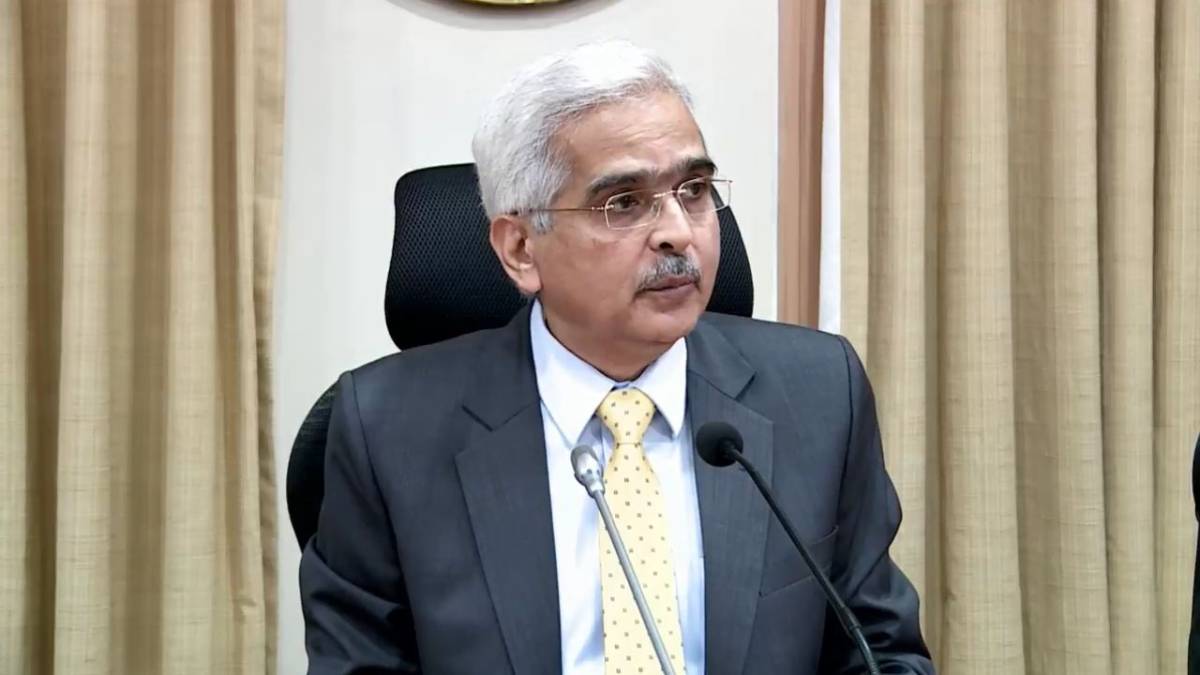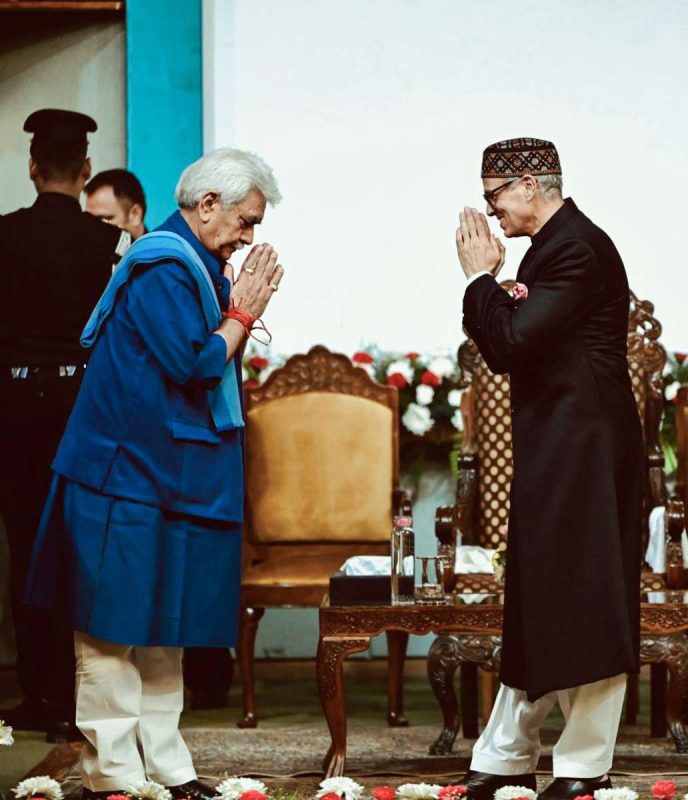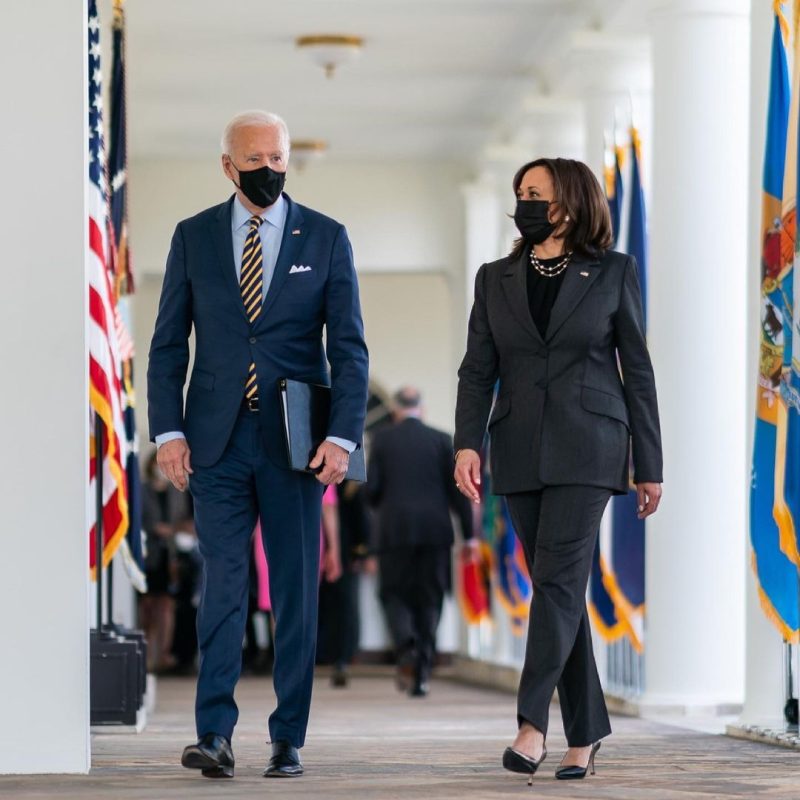The Reserve Bank has asked financial institutions to carry out a Covid stress test to see weaknesses in their balance sheet. RBI Governor Shaktikanta Das said…reports Asian Lite News
India’s economy is showing signs of getting back to normalcy, Reserve Bank of India Governor Shaktikanta Das said on Saturday.
In a keynote address at the 7th SBI Banking and Economics Conclave, Das noted that medium term outlook still remains uncertain.
“Despite the substantial impact of pandemic in our daily lives, the financial system of the country, including all the payment systems and financial markets, are functioning without any hindrance,” he said.
“The Indian economy has started showing signs of getting back to nor malcy i n response to the staggered easing of restrictions. It is, however, still uncertain when supply chains will be restored fully; how long will it take for demand conditions to normalise; and what kind of durable effects the pandemic will leave behind on our potential growth.”
He elaborated that a multi-pronged approach adopted by the Reserve Bank has provided a cushion from the immediate impact of the pandemic on banks, however, the medium-term outlook is uncertain and depends on the Covid-19 curve.
“Policy action for the medium-term would require a careful assessment of how the crisis unfolds. Building buffers and raising capital will be crucial not only to ensure credit flow but also to build resilience in the financial system.”
According to Das, the Reserve Bank has asked financial institutions to carry out a Covid stress test to see weaknesses in their balance sheet.
“We have recently advised all banks, non-deposit taking NBFCs and all deposit-taking NBFCs to assess the impact of Covid-19 on their balance sheet, asset quality, liquidity, profitability and capital adequacy for the financial y ear 2020-21.

“Based on the outcome of such stress testing, banks and non-banking financial companies have been advised to work out possible mitigating measures, including capital planning, capital raising, and contingency liquidity planning, among others. The idea is to ensure continued credit supply to different se ctors of the economy and maintain financial stability,” Das said.
Besides, he cited that RBI has strengthened its offsite surveillance mechanism to proactively find weak institutes and to immediately take corrective steps.
“As the lock-down has obstructed our on-site supervisory examination to an extent, we are further enhancing our off-site surveillance mechanism. The objective of the off-site surveillance system would be to ‘smell the distress’, if any, and be able to initiate pre-emptive actions.
“This requires use of market intelligence inputs and on-going engage ments with financial institutions on potential vulnerabilities. The off-site assessment framework, which takes into account macro and micro variables, i s more analytical and forward looking and aimed at identifying vulnerable se ctors, borrowers as well as supervised entities.”
Furthermore, he said the supervisory approach of the Reserve Bank is to further strengthen its focus on developing financial institutions’ ability to identify, measure, and mitigate the risks.
“The new supervisory approach will be two-pronged – first, strengthening the internal defences of the supervised entities; and second, greater focus on identifying the early warning signals and initiate corrective action,” Das said.
He cited that to strengthen the internal defences, higher emphasis is now be ing given on causes of weaknesses than on symptoms.
“The symptoms of weak banks are usually poor asset quality, lack of profitability, loss of capital, excessive leverage, excessive risk exposure, poor conduct, and liquidity concerns. These different symptoms often emerge together,” he said.

“The causes of weak financial institutions can usually be traced to one or more of the following conditions: inappropriate business model, given the business environment; poor or inappropriate governance and assurance functions; poor decision making by senior management; and misalignment of intern al incentive structures with external stakeholder interests.”
Accordingly, he said RBI is placing special emphasis on the assessment of business model, governance and assurance functions, as these have been the are as of heightened supervisory concern.
“Supervised entities generally tend to focus more on business aspect seven to the detriment of governance aspects and assurance functions. There was also an apparent disconnect between their articulated business strategy and actual business operations. The thrust of the approach, therefore is, to improve the risk, compliance, and governance culture amongst the financial institutions,” he said.
In addition, he said that post containment of Covid-19, “a very careful trajectory has to be followed in orderly unwinding of counter-cyclical regulator y measures and the financial sector should return to normal function ing without relying on the regulatory relaxations as the new norm”.
“The Reserve Bank is making continuous assessment of the changing trajectory of financial stability risks and upgrading its own supervisory framework to ensure that financial stability is preserved,” he said.
“Banks and financial intermediaries have to be ever vigilant and substantially upgrade their capabilities with respect to governance, assurance functions and risk culture.”








